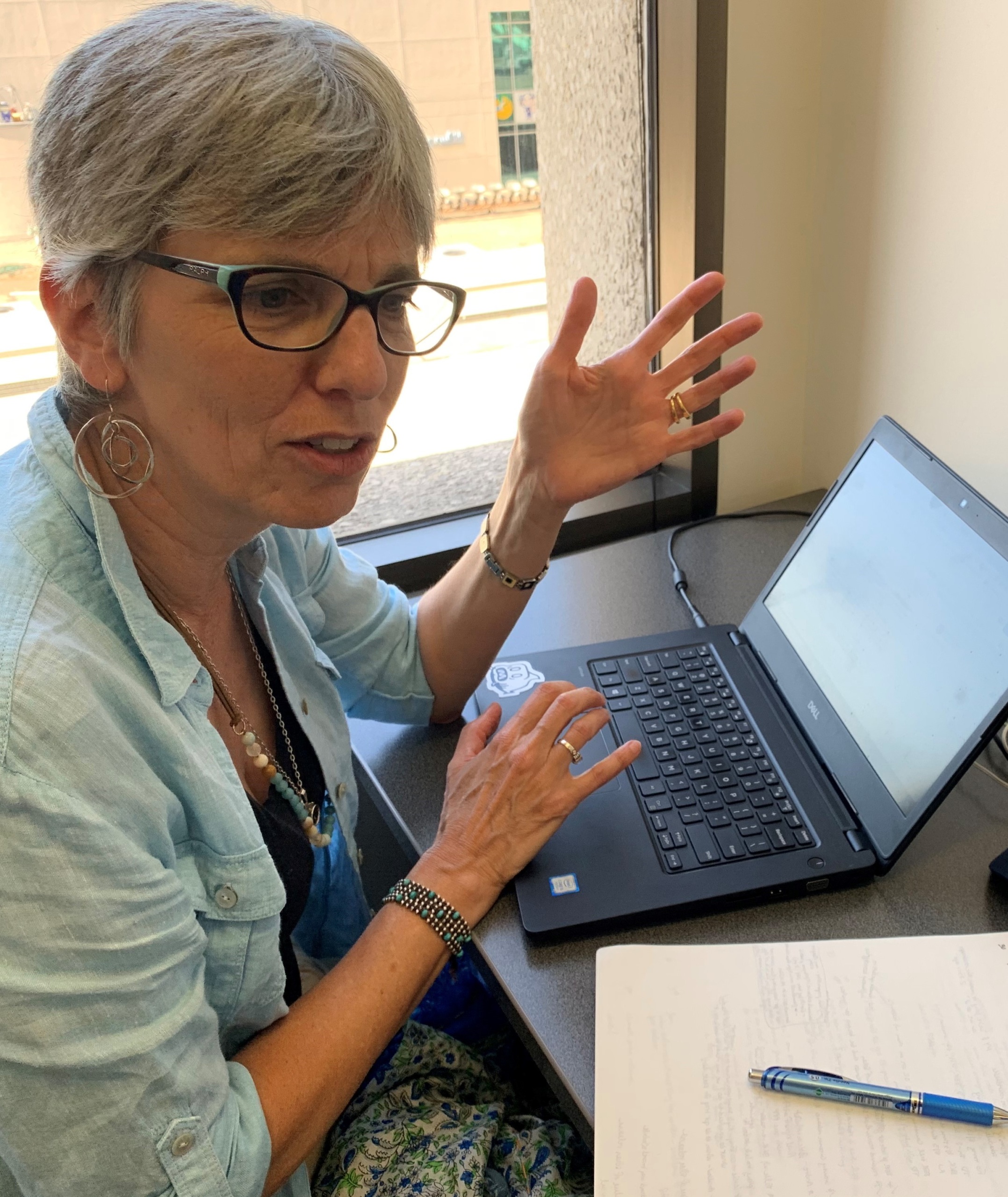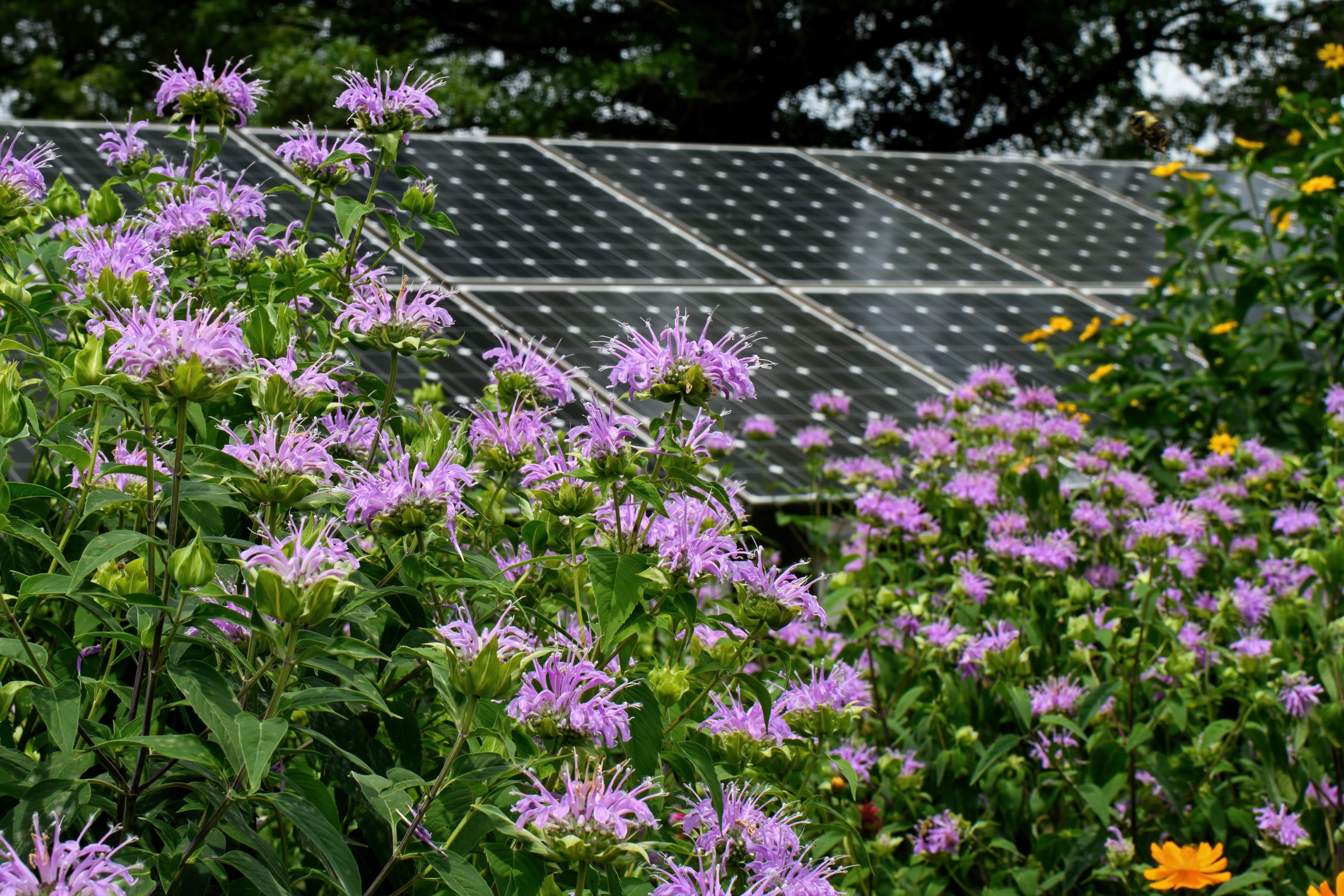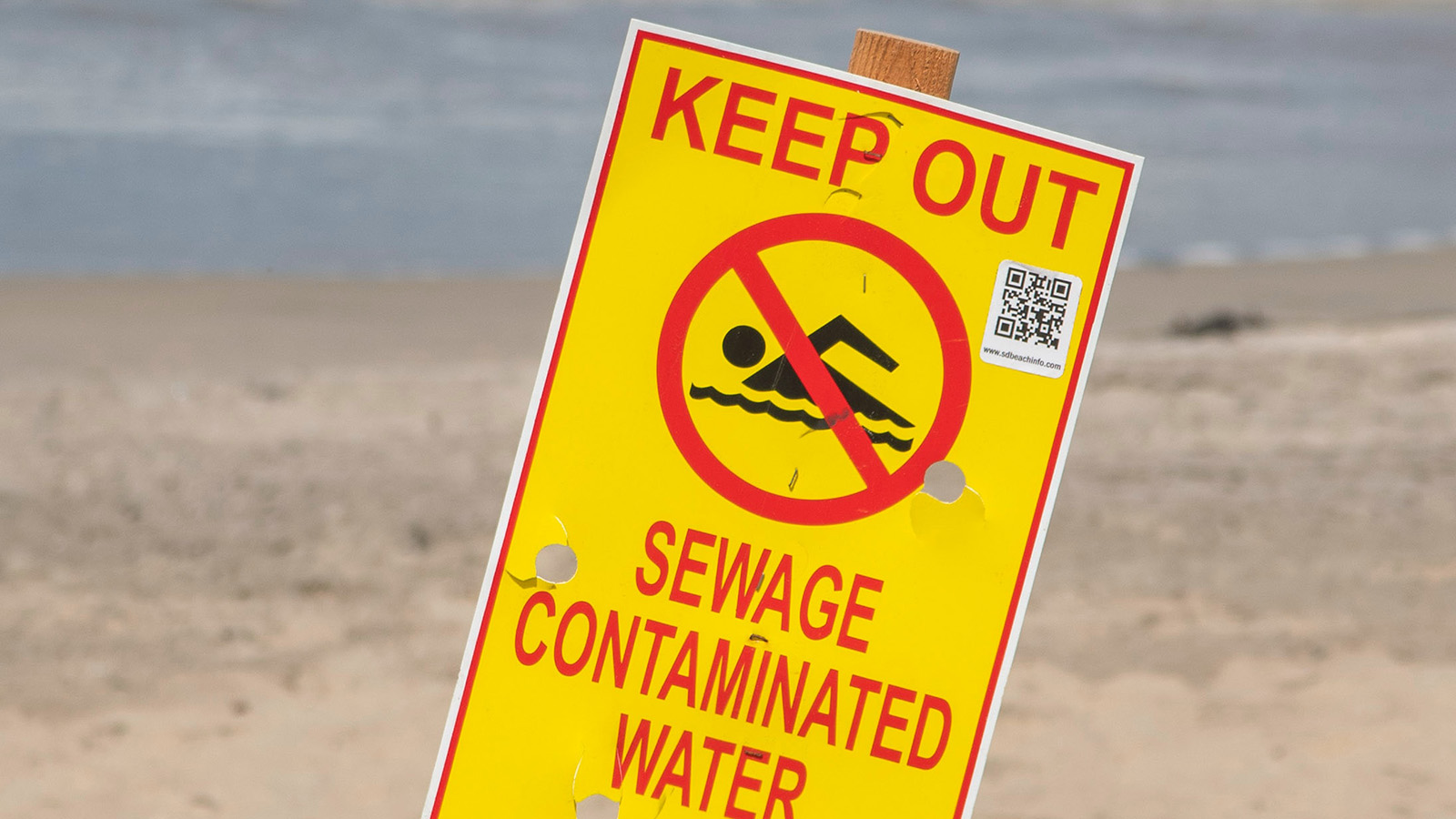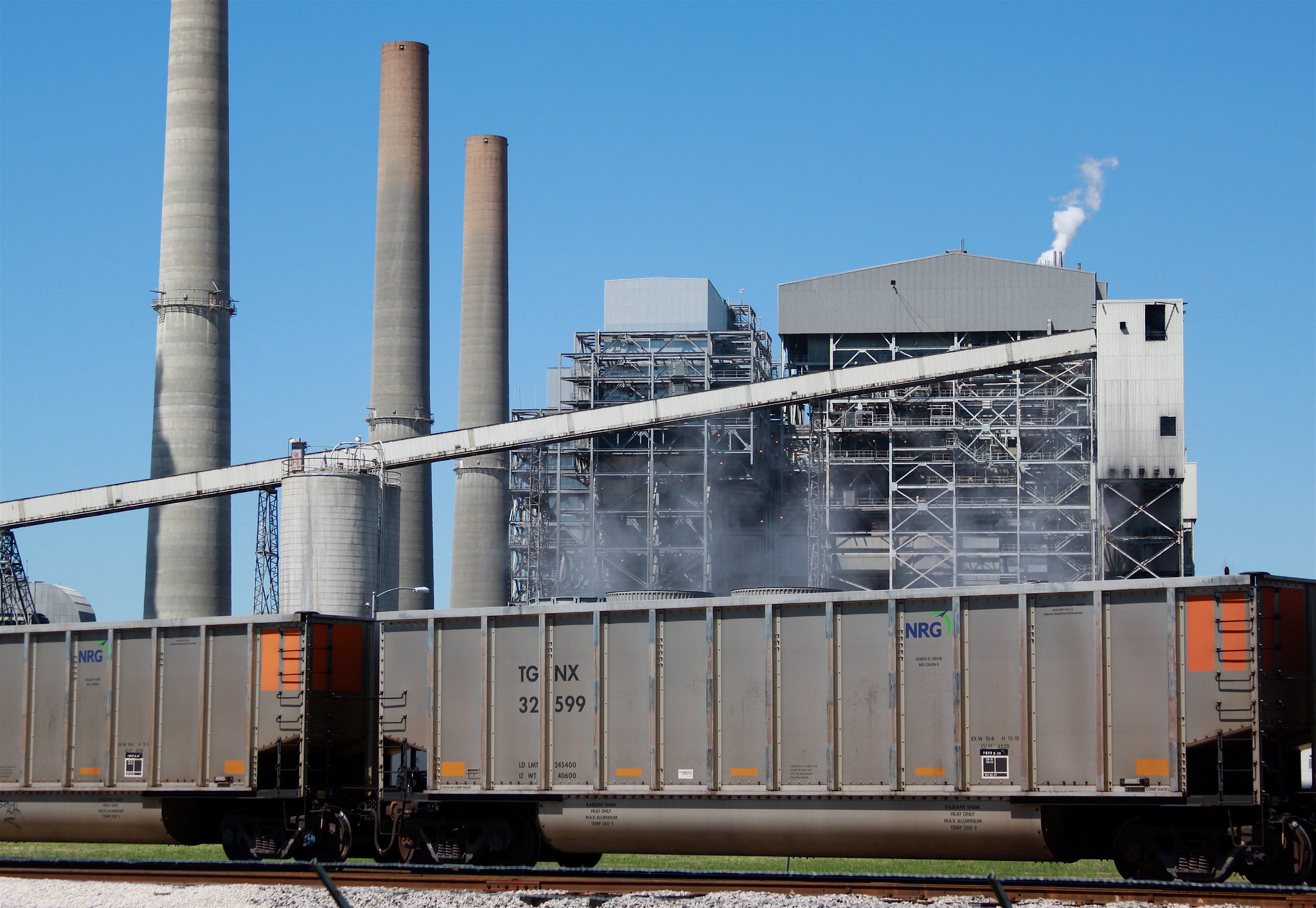
August newsletter: COVID response
Recent updates on Frontier Group efforts to respond to the coronavirus crisis.

Since March, Frontier Group has been responding to the COVID-19 pandemic with rapid analysis that puts the global crisis in perspective and explores implications for the future, even as we continue with our core mission of producing information and ideas to build a more sustainable America.
Responding to the crisis: highlights
COVID-19 has exposed more Americans to “surprise billing,” an unexpected health care charge not covered by insurance. Elizabeth Ridlington details the impact these charges have on patients, and provides some policy options to end them once and for all.
The pandemic and its economic consequences have left millions of Americans struggling to make home payments. Gideon Weissman writes about lessons from the last recession, when mortgage servicers failed homeowners, and analyzes complaint data to find common threads among consumer mortgage problems.
America would be ill-served by a recovery that simply focuses on maximizing aggregate economic growth. Tony Dutzik writes that a better approach would be to consider “recovery” in a broader way — one that accounts for the deep damage that the pre-COVID economy inflicted on our communities, our local economies, and our environment.
Even in the midst of a public health crisis, the Trump administration has pushed forward with environmental rollbacks that will harm our health. Frontier Group intern Aidan Braun describes this tale of opportunism.
New research
With summer in full swing, Safe for Swimming? finds that all too often our beaches have risky levels of contamination — and that action is needed to reduce pollution from urban development and agriculture.
The Great American Outdoors Act was signed into law in August, providing permanent funding for the preservation of natural areas through the Land & Water Conservation Fund. Frontier Group describes the benefits of the LWCF in Healthy Parks, Healthy People, a new series of factsheets.
What does the solar revolution look like in America’s cities? Shining Cities, our seventh annual survey of solar energy in America’s biggest cities, finds that solar energy is on the rise, and bringing big benefits.
Industrial meat and poultry processing plants dump huge volumes of pollution into America’s rivers. Our new factsheet with Environment America documents this pollution, and the consequences of the EPA’s refusal to update decades-old pollution standards to protect the public.
In other news…
R.J. Cross crafted a fast-paced, informative video on the issue of skyrocketing American auto loan debt… R.J. also wrote for USA Today that “taxpayers are the boss of Team Trump” — and deserve to know which companies are getting COVID stimulus money… In an op-ed for Streetsblog USA, Gideon Weissman wrote that it’s time to give America’s urban highway infrastructure more scrutiny.
Topics
Authors
Susan Rakov
Managing Director, Frontier Group; Senior Vice President, The Public Interest Network
Susan directs Frontier Group, the research and policy development center for The Public Interest Network. Frontier Group’s work informs the public discussion about degradations to the environment and public health, threats to consumer rights and democracy, and the available routes to a better future. Susan lives in Santa Barbara, California; she has two children, a husband, and a dog, and is an amateur singer/songwriter.
Find Out More

Looking back at 2023

November Newsletter: Cleaner, quieter lawn care

July Newsletter: Safe for Swimming?

